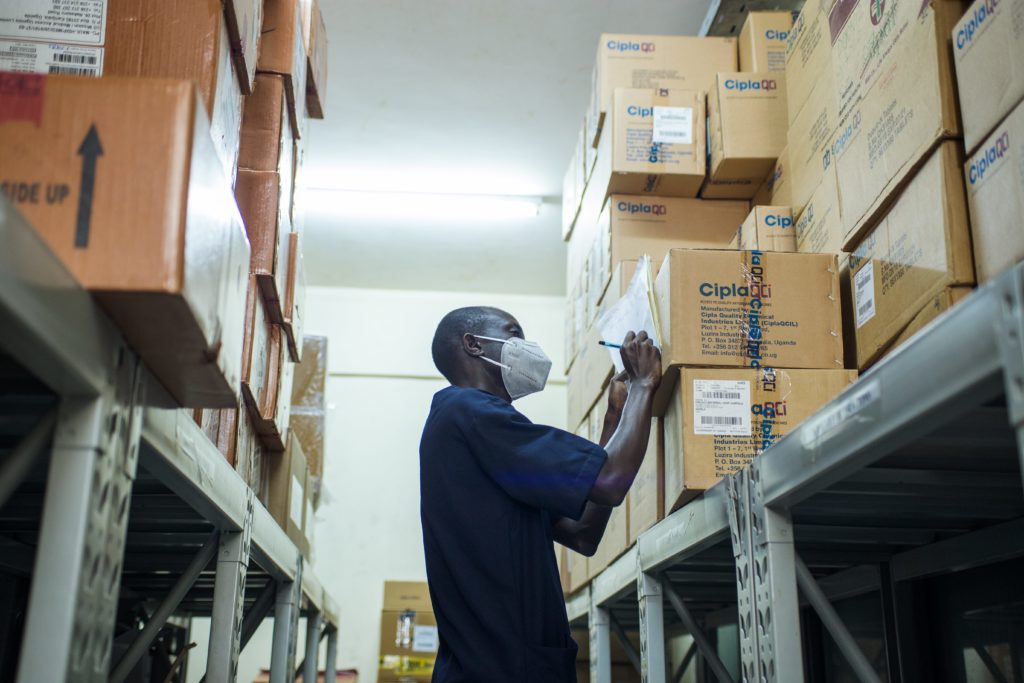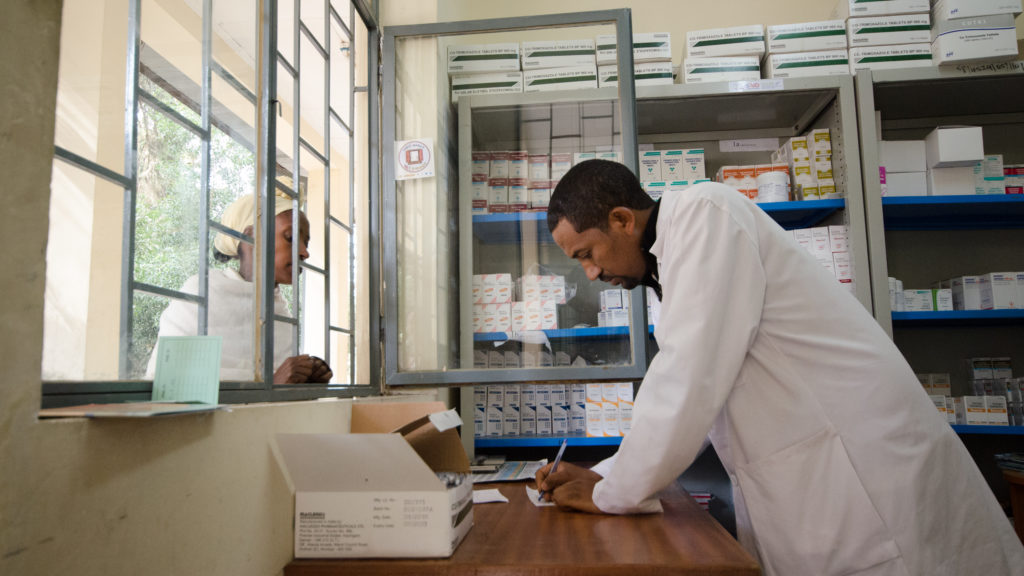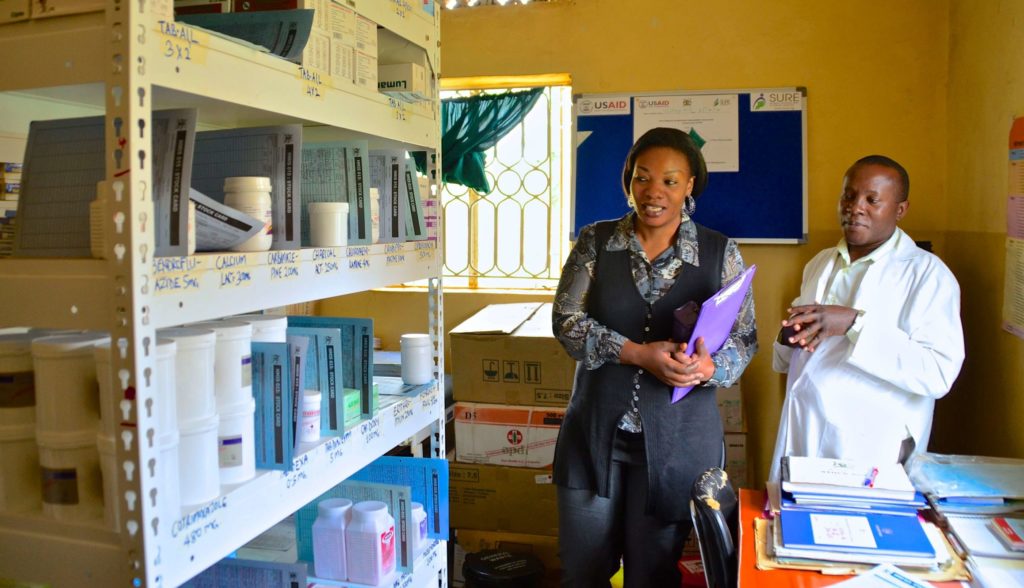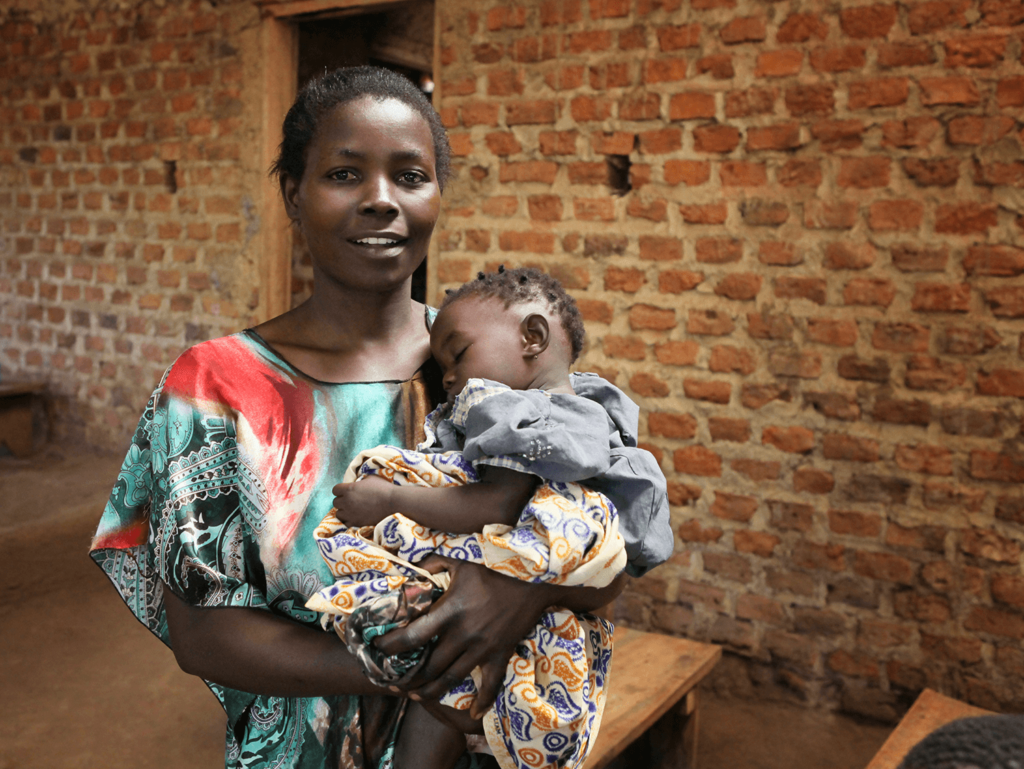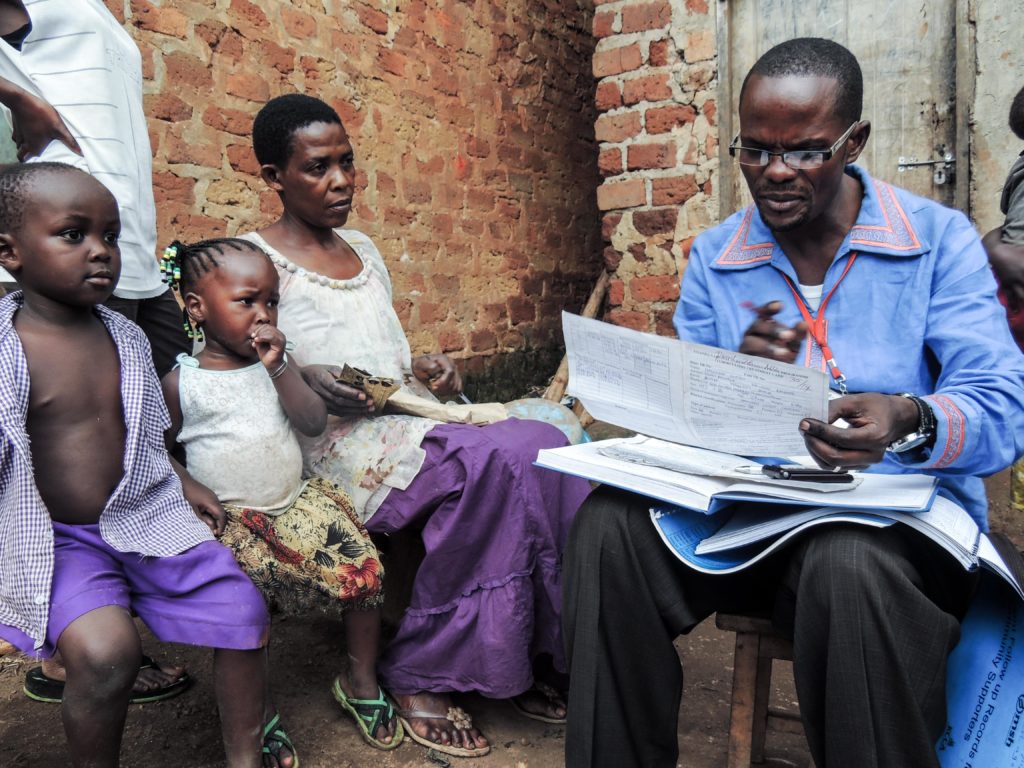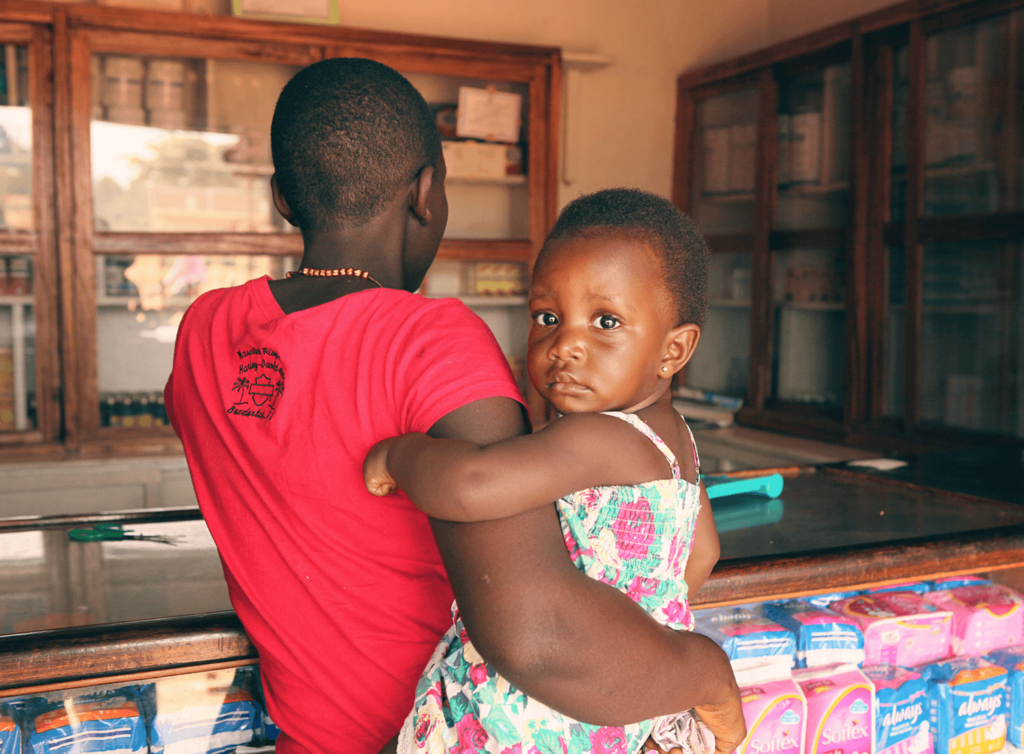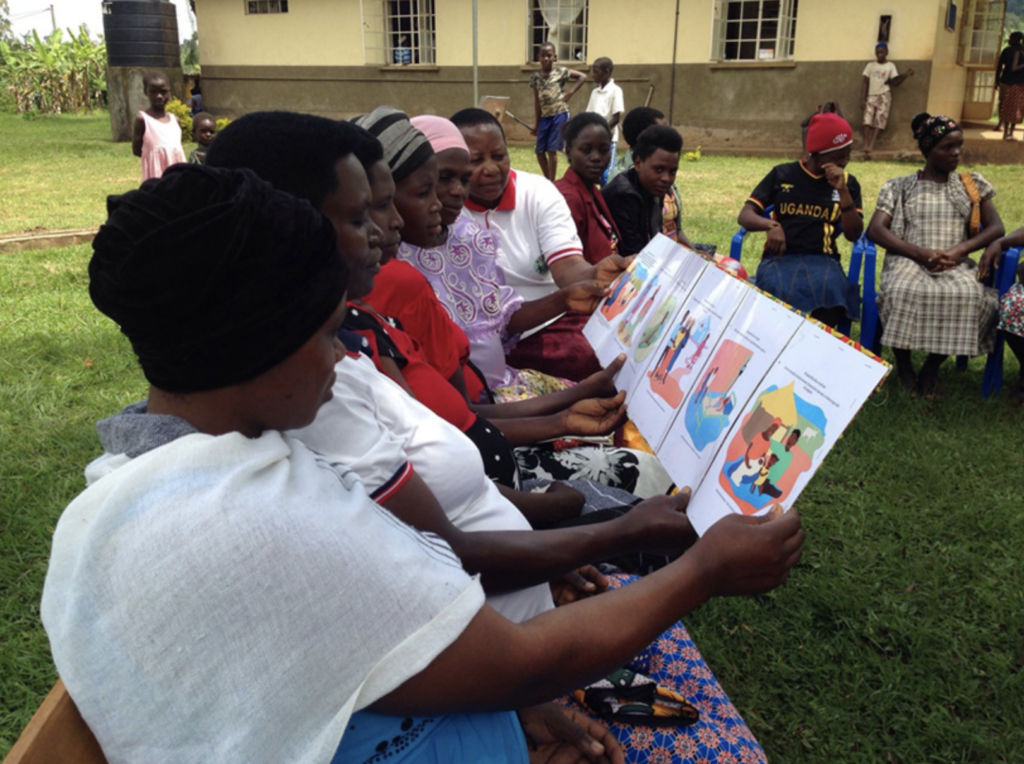Uganda
Uganda
Since the late 2000s, we have partnered with Uganda’s Ministry of Health and local leaders to enable access to health care. Our work has focused on reducing maternal mortality, fighting TB and HIV and AIDS, and improving the management of related medicines and commodities to help Ugandans access quality medicines when and where they need them.
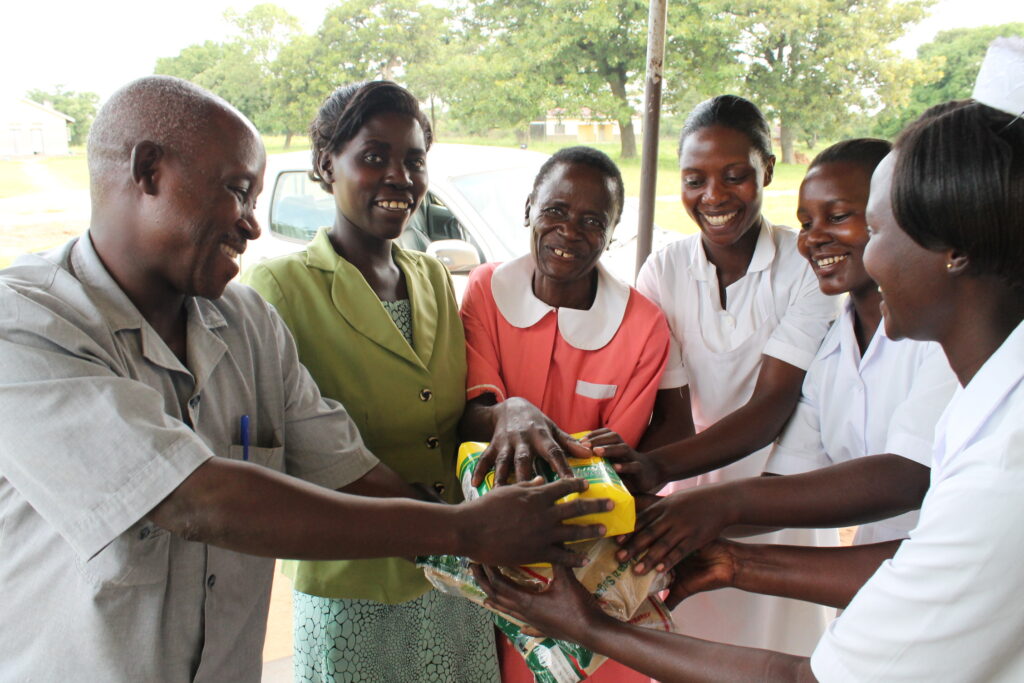
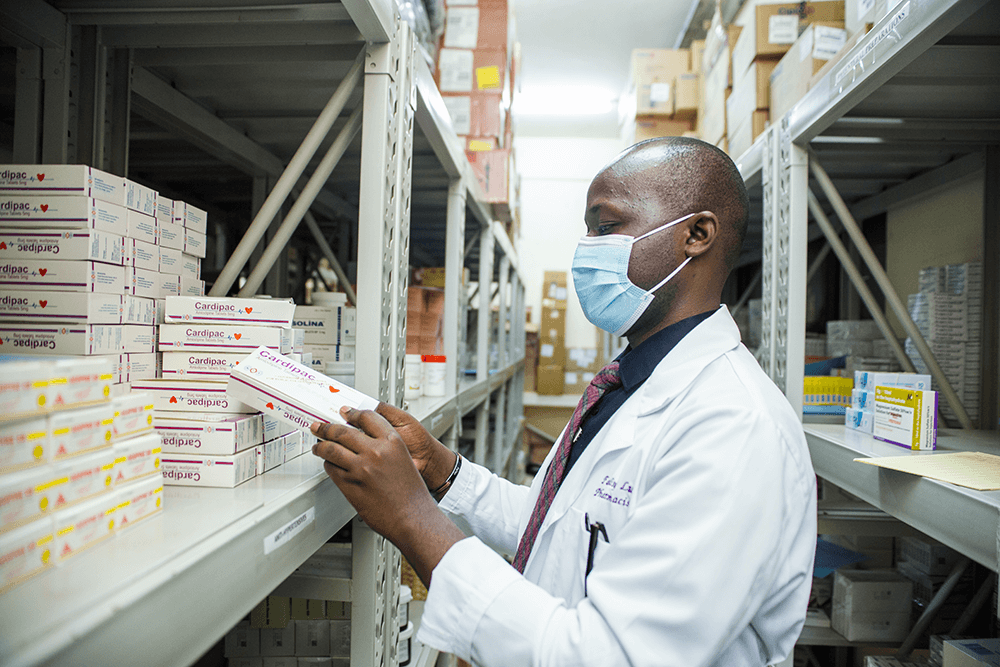
Greater Supply Chain Visibility in Uganda Aids Emergency Response to COVID-19
As the number of COVID-19 cases grew in Uganda, access to timely and accurate supply chain data was critical to the country’s response. With funding from USAID, we supported these efforts by providing real-time data on the availability of medicines and medical supplies at both the national and district levels. The electronic emergency logistics management information system enables the rapid collection, sharing, management, analysis, and reporting of data to inform coordination and timely decision making during any public health emergency. These efforts helped increase access to lifesaving medical supplies such as test kits, treatments for COVID-19, and personal protective equipment to limit the spread of the virus.
Overview
We have worked in Uganda for nearly two decades, improving the quality of reproductive health, family planning, and child survival services and strengthening the country’s supply chain for medical products. Our projects have helped ensure access to reliable, affordable, quality-assured medicines and health supplies; improved the performance of key actors all along the supply chain; advanced transparent governance and effective data-informed policies and regulations; and strengthened local capacities.
PharmaNet Newsletter—September 2023
This issue of the PharmaNet newsletter highlights the latest key interventions and perspectives on the digitization of Uganda’s health supply chain system. These include interventions and improvements in reporting by hospitals, scaling up utilization of the electronic logistics management information system, improving data visibility in private health facilities, COVID-19 vaccines supply chain digitization, and institutionalizing the 10-Year National Supply Chain Roadmap.
Year in Review: Uganda Highlights Roadmap Accomplishments in Celebration of Health Supply Chain Week
Celebrating six years of strengthening pharmaceutical systems in Uganda
Job Opportunities in Uganda
Join us as we help solve the world’s public health challenges through innovation, dedication, and technical excellence. We are looking for talented, passionate people to join us—as employees, consultants, and interns—in advancing our mission to save lives and improve the health of the world’s poorest and most vulnerable people.

